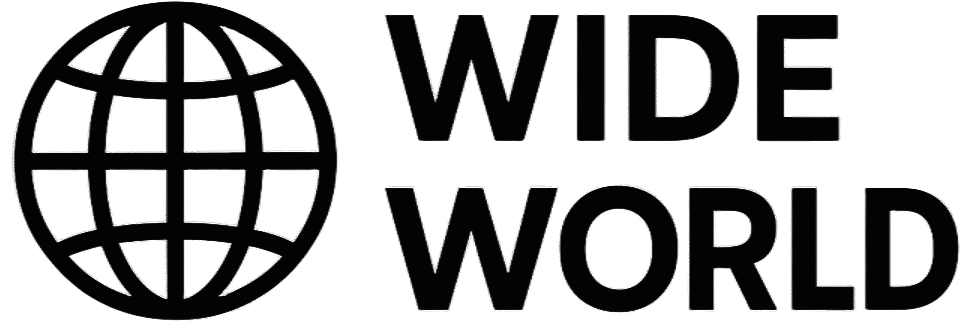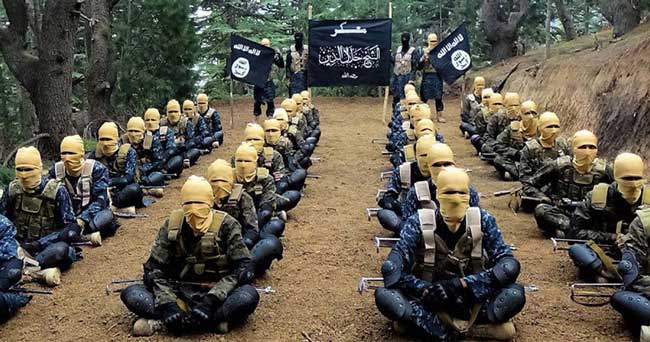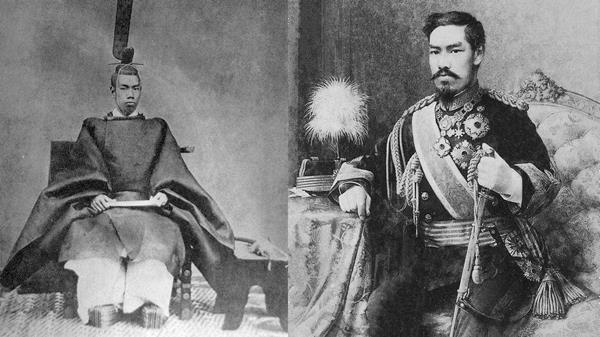The 15 Most Dangerous Terrorist Organizations in the World
Terrorism is one of the gravest threats to global security in modern times. Whether driven by ideology, politics, religion, or a thirst for power, terrorist organizations have left trails of destruction, suffering, and fear across the world. While motivations may vary, the impact remains tragically consistent: lives lost, communities destroyed, and nations destabilized.
Here’s a closer look at the 15 most dangerous terrorist groups that have shaped recent history with their violent campaigns.

ISIS (Islamic State of Iraq and Syria)
Few names have become as synonymous with terror as ISIS. Also known as the Islamic State of Iraq and the Levant (ISIL), this extremist group emerged from the chaos of the Iraq War and the Syrian civil war. Under the leadership of Abu Bakr al-Baghdadi, ISIS established a brutal regime governed by a radical interpretation of Sharia law.
At its peak, the group controlled large swaths of territory in Iraq and Syria, drawing in thousands of foreign fighters. Known for horrific acts including mass executions, beheadings, and sex slavery, ISIS shocked even other jihadist groups like al-Qaeda. Their slick propaganda machinery used social media to radicalize followers globally and inspire terror attacks from Paris to San Bernardino.
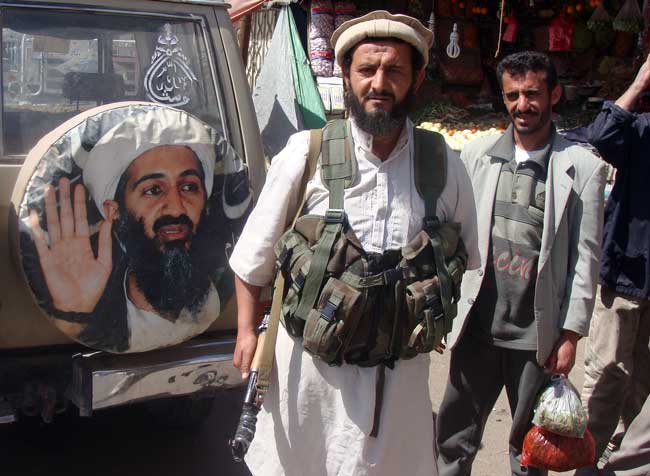
Al-Qaeda
Al-Qaeda was founded in the late 1980s by Osama bin Laden, Abdullah Azzam, and other militants with the goal of uniting Muslims in global jihad. The group was behind some of the most devastating attacks in recent history, including the 1998 U.S. embassy bombings in Africa, the 2002 Bali bombings, and most infamously, the September 11, 2001 attacks.
Despite the death of bin Laden in 2011, al-Qaeda remains active through affiliates in the Middle East, Africa, and South Asia. Known for training suicide bombers and orchestrating large-scale attacks, the group continues to be a major global security threat.

Taliban
The Taliban emerged in Afghanistan during the 1990s and quickly established a harsh regime based on strict Islamic law. Following their initial fall from power after the 9/11 attacks—which they were linked to through their harboring of al-Qaeda—they regained momentum and resurged in the 2010s.
Funded by opium trade, extortion, and illicit activities, the Taliban have committed numerous human rights violations, including the use of child soldiers, public executions, and the oppression of women. Their 2021 return to power has reignited fears of renewed extremism in the region.
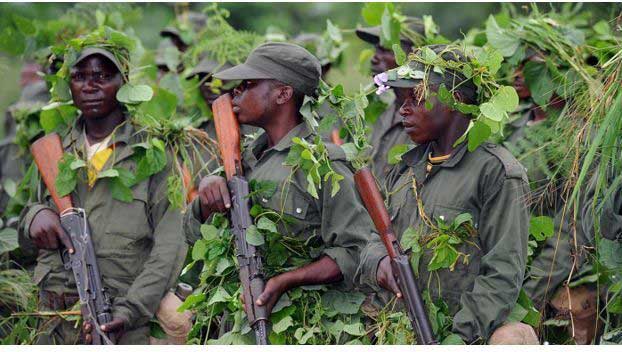
Boko Haram
Operating primarily in Nigeria and parts of West Africa, Boko Haram’s name translates to “Western education is forbidden.” This jihadist group gained international attention in 2014 after kidnapping over 250 schoolgirls in Chibok.
Affiliated with al-Qaeda and later ISIS, Boko Haram has waged a relentless campaign of terror involving bombings, assassinations, and abductions. By 2014, they had killed thousands of civilians and displaced millions.
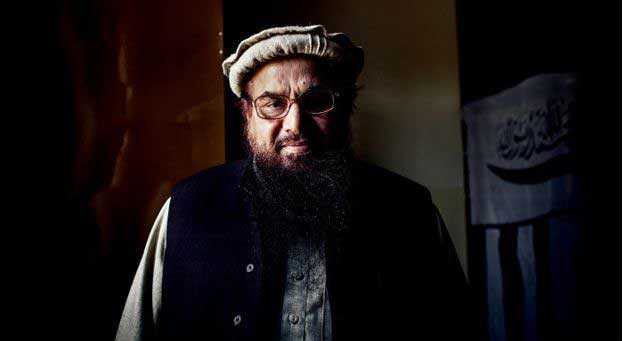
Lashkar-e-Taiba
Lashkar-e-Taiba (LeT) is a Pakistan-based terrorist organization responsible for the horrific 2008 Mumbai attacks, which claimed over 170 lives. Founded with the aim of establishing an Islamic state in South Asia, the group targets Indian interests, particularly in Kashmir.
LeT has carried out numerous high-profile attacks, including the 2001 Indian Parliament assault. Their operations often involve recruiting impoverished youth and exploiting them for suicide missions.
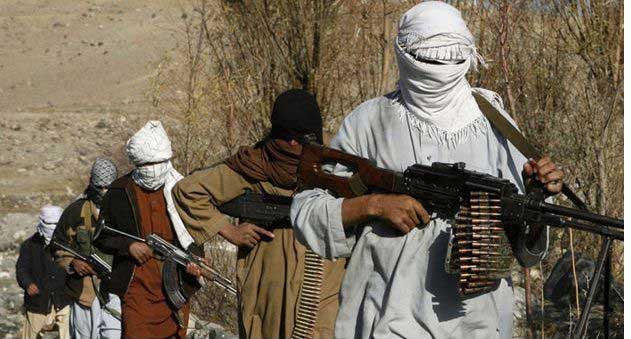
Tehrik-i-Taliban Pakistan (TTP)
Distinct from the Afghan Taliban, the TTP is a coalition of militant Islamist groups operating along Pakistan’s northwestern border with Afghanistan. The group seeks to overthrow the Pakistani government and enforce Sharia law.
TTP has claimed responsibility for numerous attacks, including bombings of military bases, suicide missions, and even an attempted bombing in New York’s Times Square in 2010.

Hezbollah
Hezbollah is a Lebanese Shiite militant group formed in response to the Israeli invasion of Lebanon in 1982. Backed by Iran and Syria, the group blends military operations with political influence in Lebanon.
Hezbollah has been involved in numerous terrorist attacks, including the 1983 bombing of the U.S. embassy in Beirut and the 1994 bombing of a Jewish center in Argentina. Their activities continue to destabilize the Middle East.
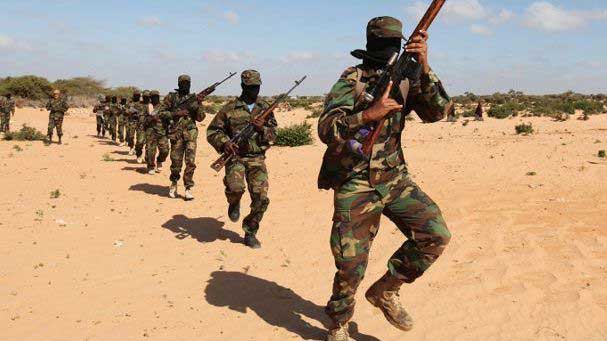
Al-Shabaab
An offshoot of the Islamic Courts Union in Somalia, al-Shabaab is a jihadist group operating primarily in East Africa. After aligning with al-Qaeda in 2012, the group intensified its attacks in the region.
One of their deadliest assaults was the 2015 Garissa University College attack in Kenya, which killed 148 students. Al-Shabaab remains active and dangerous, with frequent attacks on civilians and peacekeeping forces.

Hamas
Hamas, short for “Harakat al-Muqawamah al-Islamiyya,” is a Palestinian Islamist political and militant group that governs the Gaza Strip. Founded in 1987 as an offshoot of the Muslim Brotherhood, it aims to liberate Palestine through armed resistance.
The group has carried out rocket attacks, suicide bombings, and armed incursions against Israeli targets. Though it also operates as a political party, its militant wing has been designated as a terrorist organization by many countries.

FARC (Revolutionary Armed Forces of Colombia)
Formed in the 1960s, FARC began as a Marxist-Leninist guerrilla movement fighting for land reform and social justice in Colombia. Over time, it became deeply involved in drug trafficking, kidnapping, and extortion.
At its height, FARC controlled large rural areas and posed a significant challenge to the Colombian government. Although a peace deal was signed in 2016, dissident factions continue to engage in armed violence.
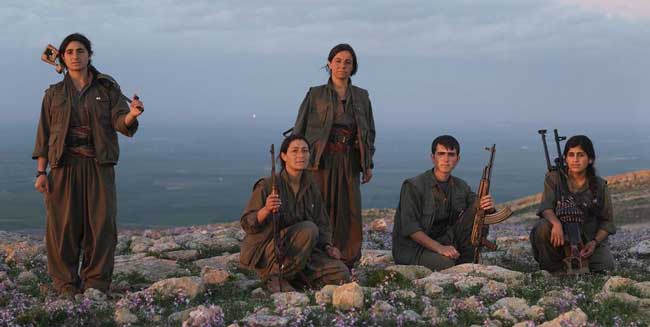
Kurdistan Workers’ Party (PKK)
The PKK was founded in 1978 to fight for Kurdish autonomy in Turkey. Despite its controversial classification as a terrorist organization by Turkey and several Western nations, the PKK has also been viewed as a key force in the fight against ISIS in Syria and Iraq.
Still, the group has been involved in decades of violence, including bombings, ambushes, and assassinations targeting Turkish military and government officials.
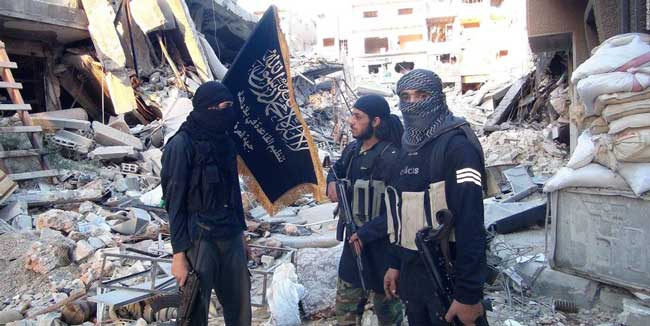
Jabhat al-Nusra (al-Nusra Front)
Jabhat al-Nusra, also known as the Nusra Front, originally served as al-Qaeda’s branch in Syria. Led by Abu Mohammad al-Julani, the group became one of the most powerful factions fighting against Bashar al-Assad’s regime during the Syrian civil war.
Though later rebranded as Hay’at Tahrir al-Sham, the group has retained its extremist roots and remains active in the Syrian conflict. Multiple countries, including the U.S., U.K., and Turkey, have designated it as a terrorist organization.
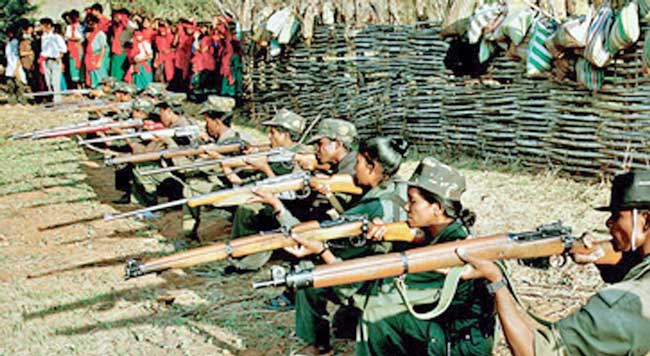
Naxalites (Maoists)
The Naxalites are a Maoist insurgent group in India, named after the village of Naxalbari where the movement began in 1967. They aim to overthrow the Indian government through armed revolution, often targeting security forces and infrastructure in rural areas.
At their peak, the Naxalites held sway in vast regions of central and eastern India. Although weakened in recent years, they remain active and continue to carry out attacks.

Irish Republican Army (IRA)
The IRA was formed in the early 20th century to fight British rule in Ireland. After the Irish War of Independence, the group splintered, with factions continuing violent campaigns to unite Northern Ireland with the Republic of Ireland.
Over the decades, the IRA has been linked to bombings, assassinations, and kidnappings. Though a ceasefire was declared in the late 1990s, dissident republican groups still operate under various banners.
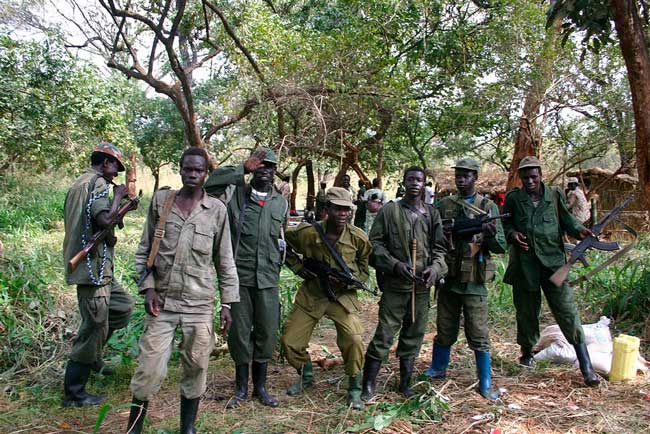
Lord’s Resistance Army (LRA)
Led by the infamous Joseph Kony, the Lord’s Resistance Army is a brutal Ugandan militant group that combines religious fanaticism with guerrilla warfare. The LRA is known for widespread atrocities, including abducting children to serve as soldiers and sex slaves.
Though significantly weakened in recent years, the LRA left a legacy of terror across Uganda, the Central African Republic, South Sudan, and the Democratic Republic of Congo.
Final Thoughts
Terrorism, in all its forms, represents a challenge not just to national security but to the fundamental values of humanity. Understanding these organizations—their origins, goals, and impact—is crucial for global efforts to prevent further violence and to build a more peaceful world. While many of these groups have lost power or splintered, their legacies remind us of the urgent need for vigilance, unity, and long-term solutions to root causes like extremism, poverty, and injustice.
